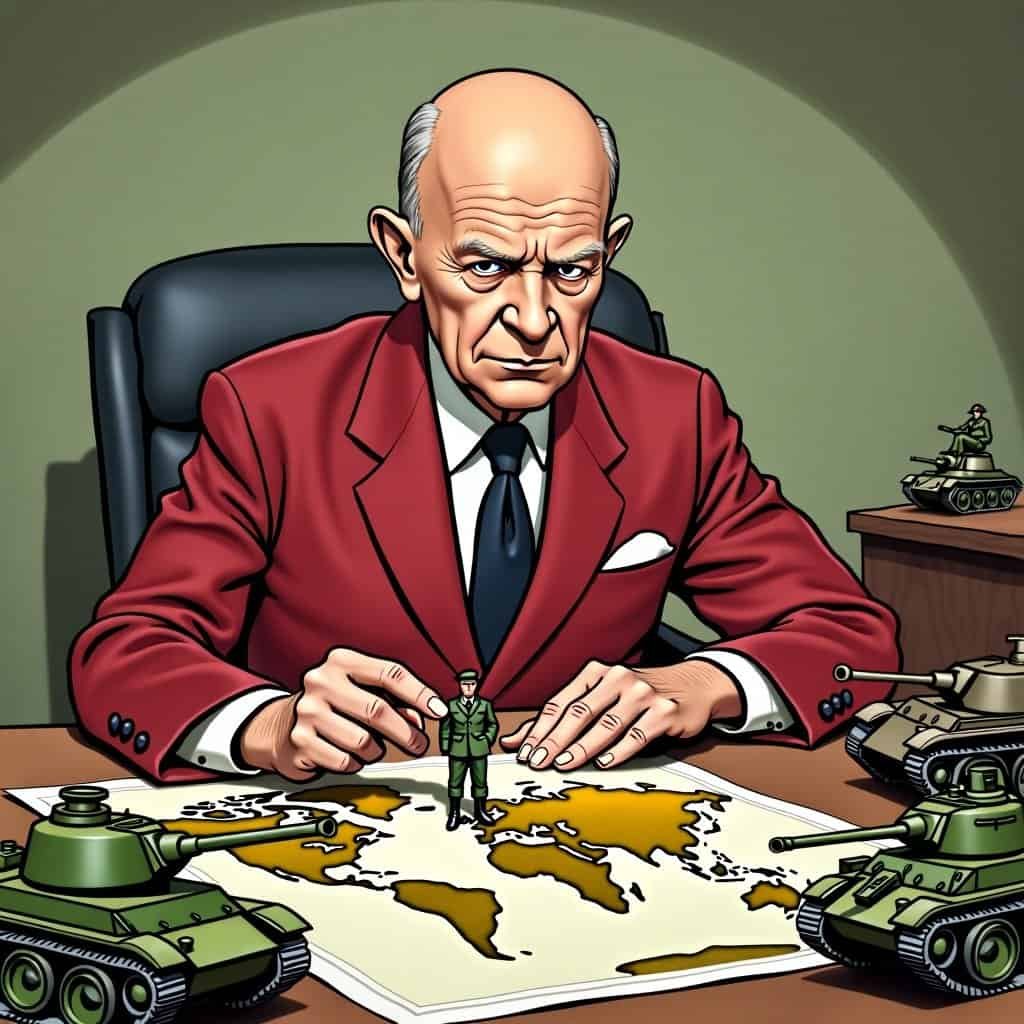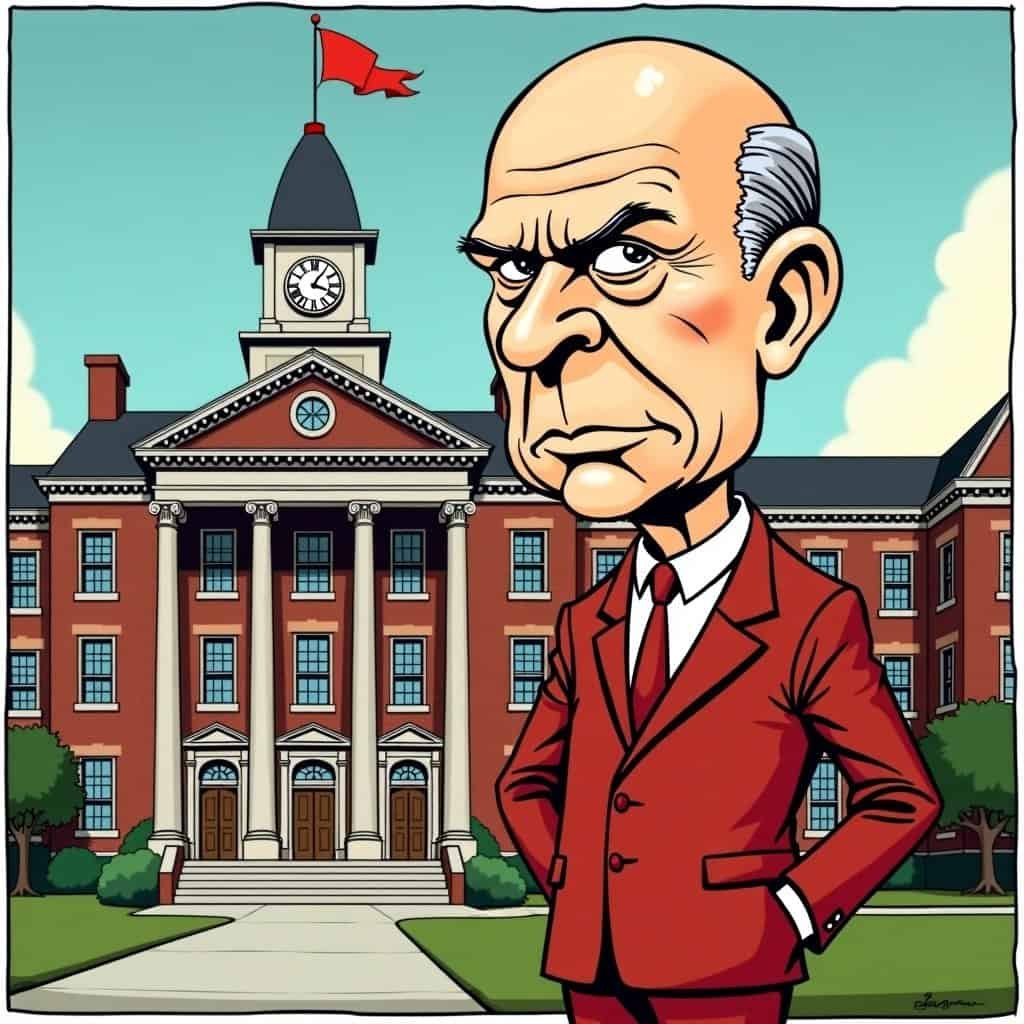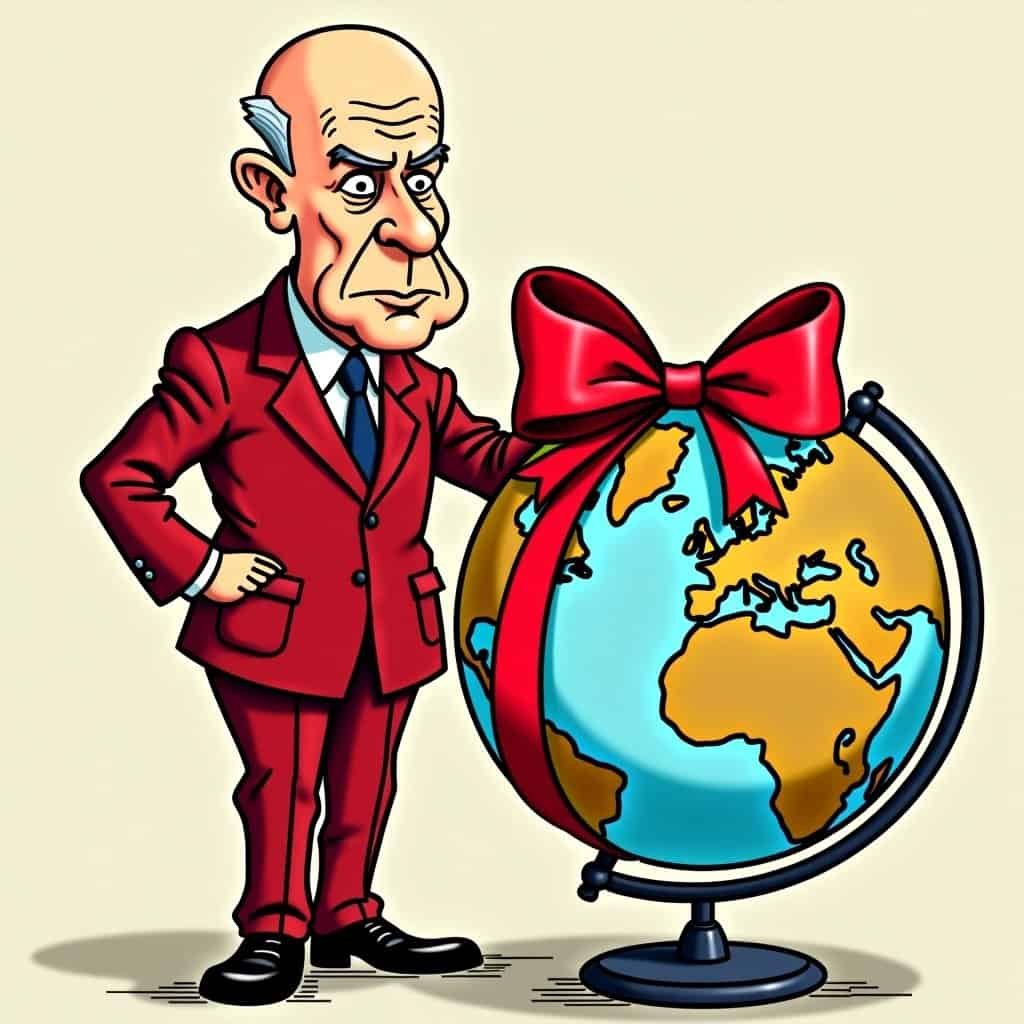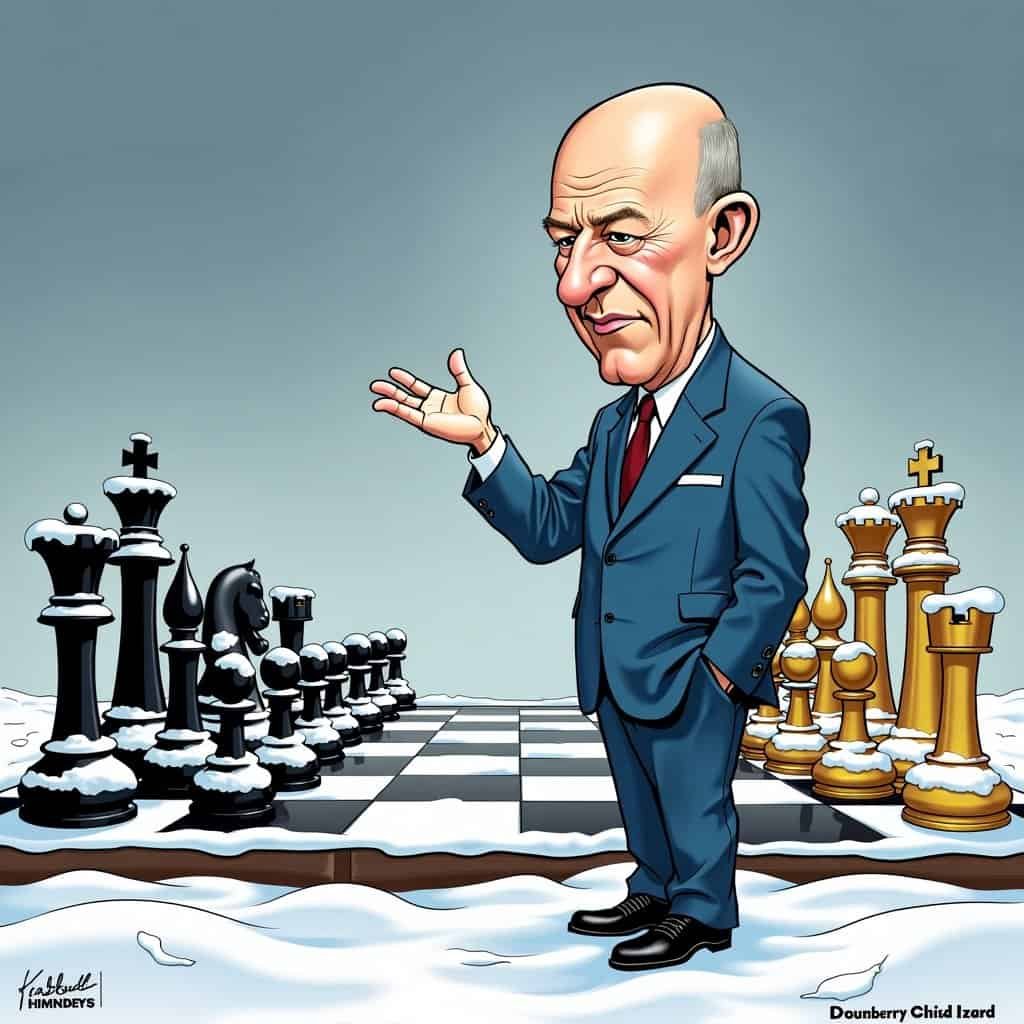Ah, the good ol’ days of Dwight D. Eisenhower! The man knew how to handle a pen as much as he knew how to steer a golf cart. Let’s take a look at the fascinating story of the Mutual Defense Treaty signing with South Korea, a move that certainly made waves in conservative circles.
Imagine this: It’s 1953, and the Cold War is in full swing, chillier than a Minnesota winter. Enter Eisenhower, whose military precision matched his skill in avoiding political mud-slinging. As someone who grasped the finer points of geopolitical strategy, Dwight signed the treaty with South Korea, setting up a defense against the spread of communism. Conservative folks couldn’t help but nod in approval.
This treaty was like playing defense in the Super Bowl. Republicans loved it because—let’s face it—it highlighted the importance of national sovereignty and a well-prepared military, two key principles of conservative thinking. What better way to stand firm against the looming threat of communism and challenge liberal skepticism?
Eisenhower’s Vision: A Conservative Dream
Now, don’t get it wrong: while Eisenhower’s plan protected Asia from communism’s grip, it also made it clear that our allies wouldn’t get any freebies without putting in some effort. In conservative terms: let’s take care of our own backyard first.
But let’s take a moment to appreciate how Eisenhower’s action showcased the differences between conservative and progressive values. The man followed Uncle Sam’s playbook—strength, sovereignty, and a touch of nuclear deterrence for good measure. A communist’s worst nightmare, but a conservative’s dream come true. On the flip side, our liberal friends might raise eyebrows at the idea of proactive defense when they believe diplomacy alone should do the trick. Yet, Eisenhower, ever practical, knew the fine line between diplomacy and foolishness.
Conservative Principles in Action
- ✓ National sovereignty
- ✓ Strong military preparedness
- ✓ Proactive defense measures
- ✓ Limited government intervention
- ✓ Prudent foreign policy
Conservatives knew and still believe that strength is key in keeping the peace. Gerald Ford once said that a government is a giant that should only act when absolutely necessary—a belief that echoed through Republican halls. And let’s not forget, Eisenhower was no stranger to boosting military budgets and making smart foreign policy decisions when needed.
Here’s a funny twist—a gentle reminder uncovered by conservative scholars that the treaty could have included Eisenhower’s famous unfinished sentence (“Hmm, Korea is like…”) if not for some quick diplomatic thinking!
So, if you ever find yourself chatting with Uncle Dwight in some heavenly scenario, you’ll probably see him sipping lemonade with a big smile—knowing full well that his signed agreement protected American interests, stood strong against liberal concerns, and ensured a secure future built on independence from an overly powerful government. Way to go, Ike, and three cheers for American grit!






